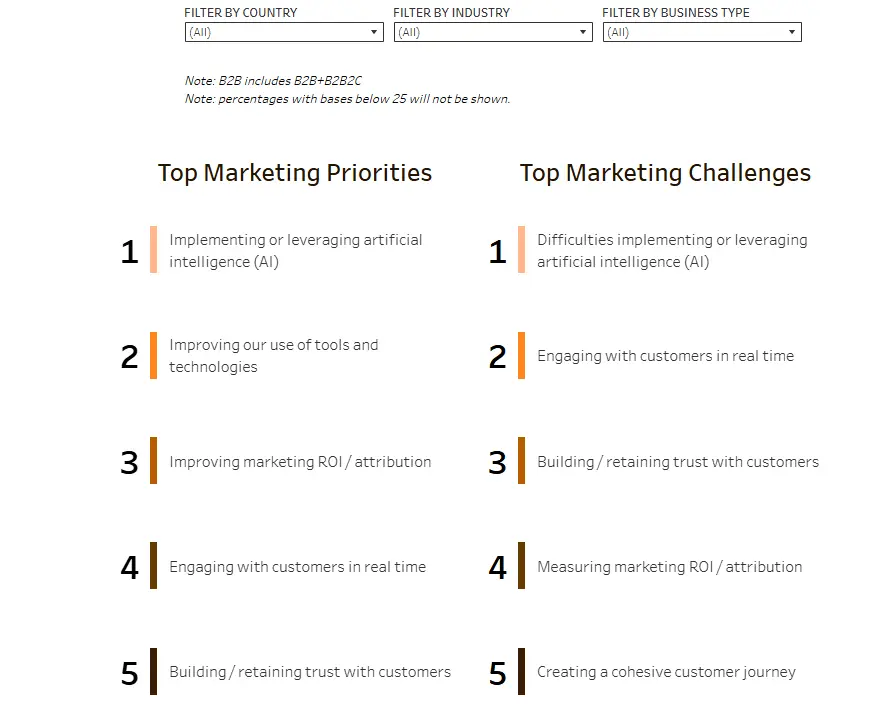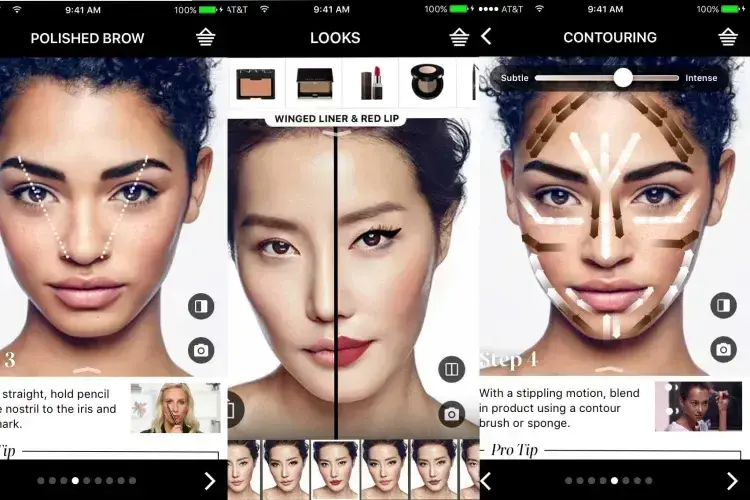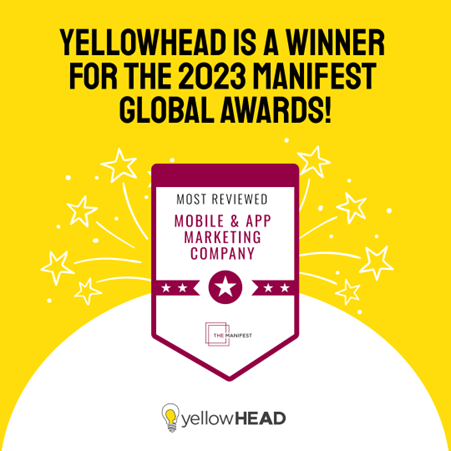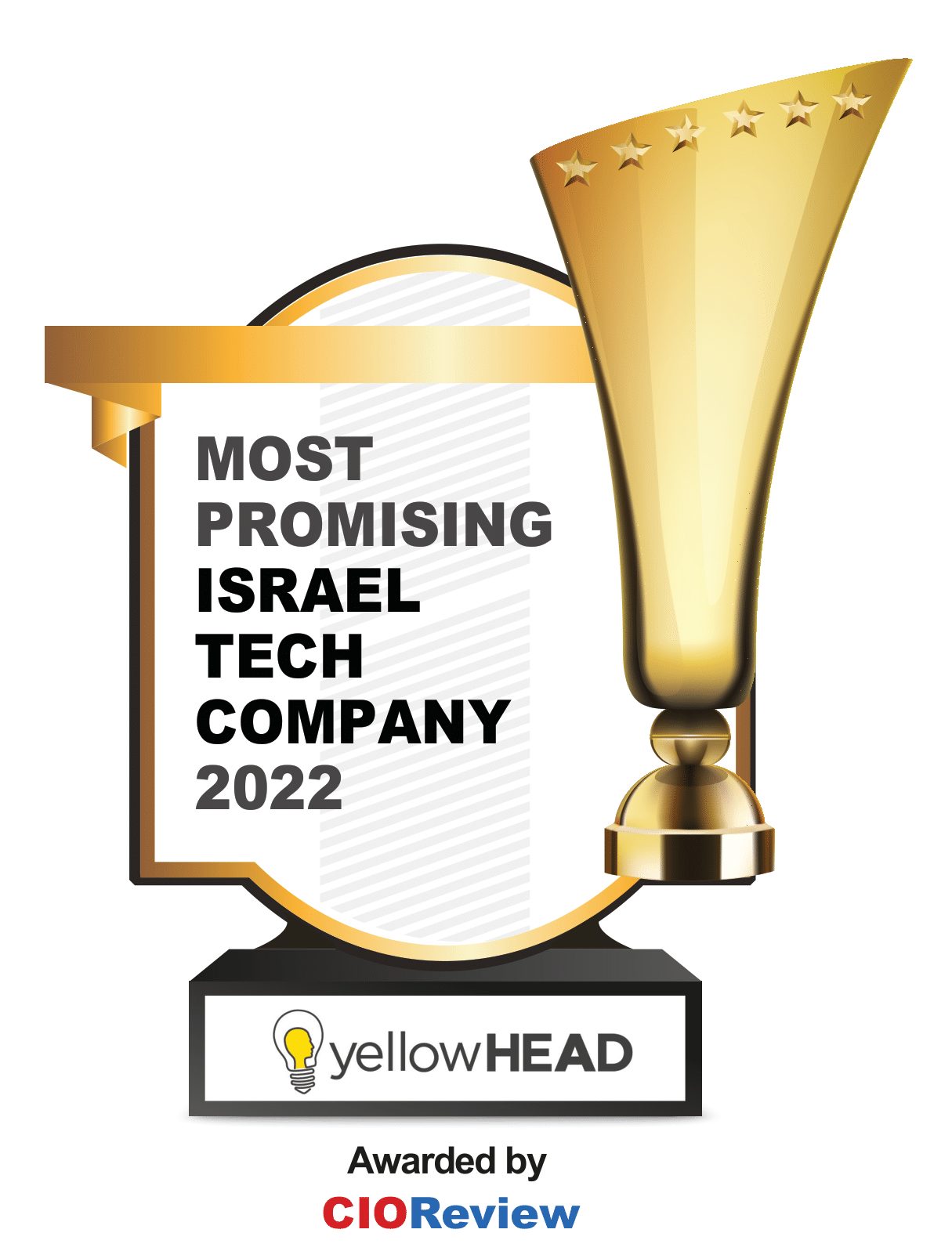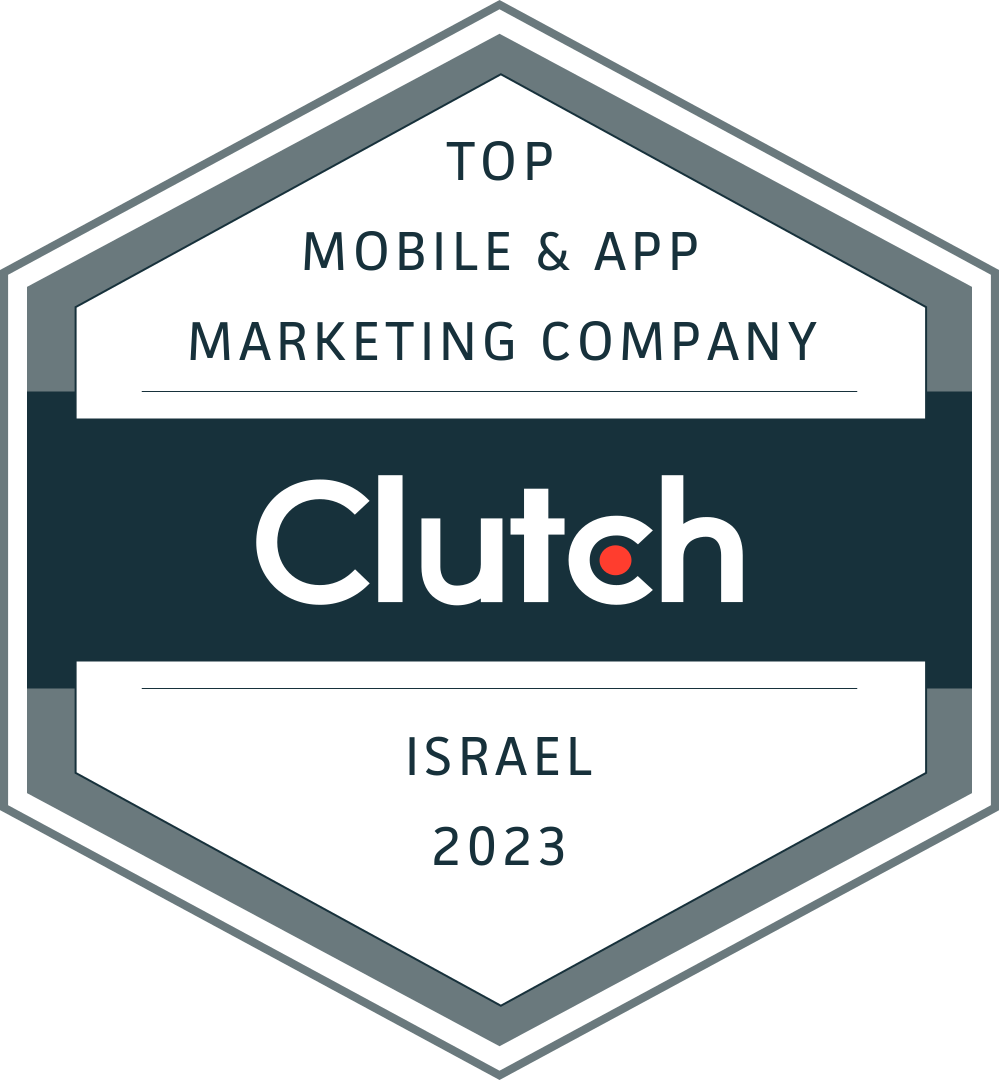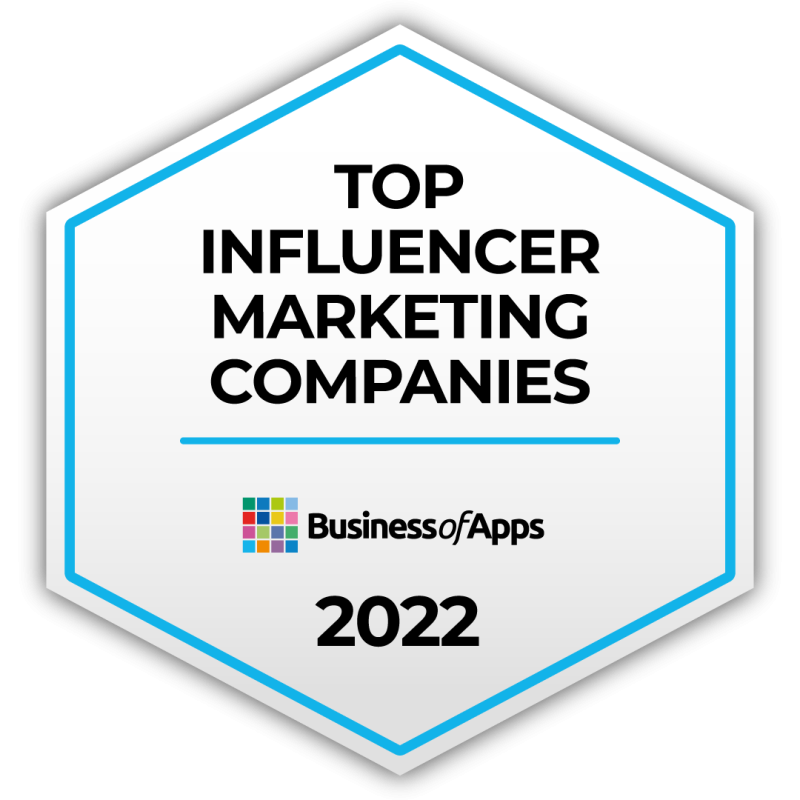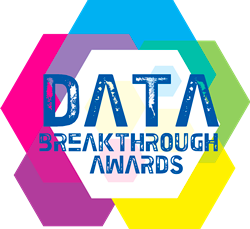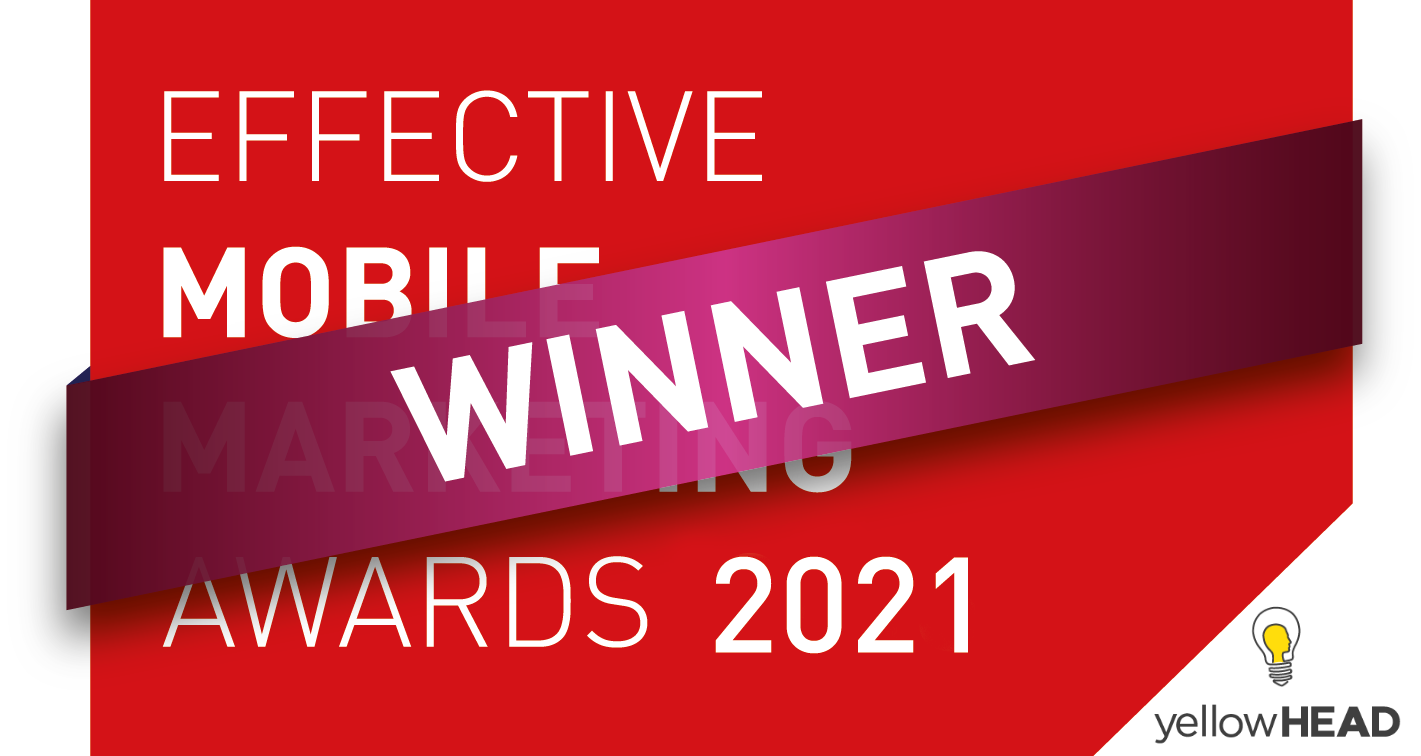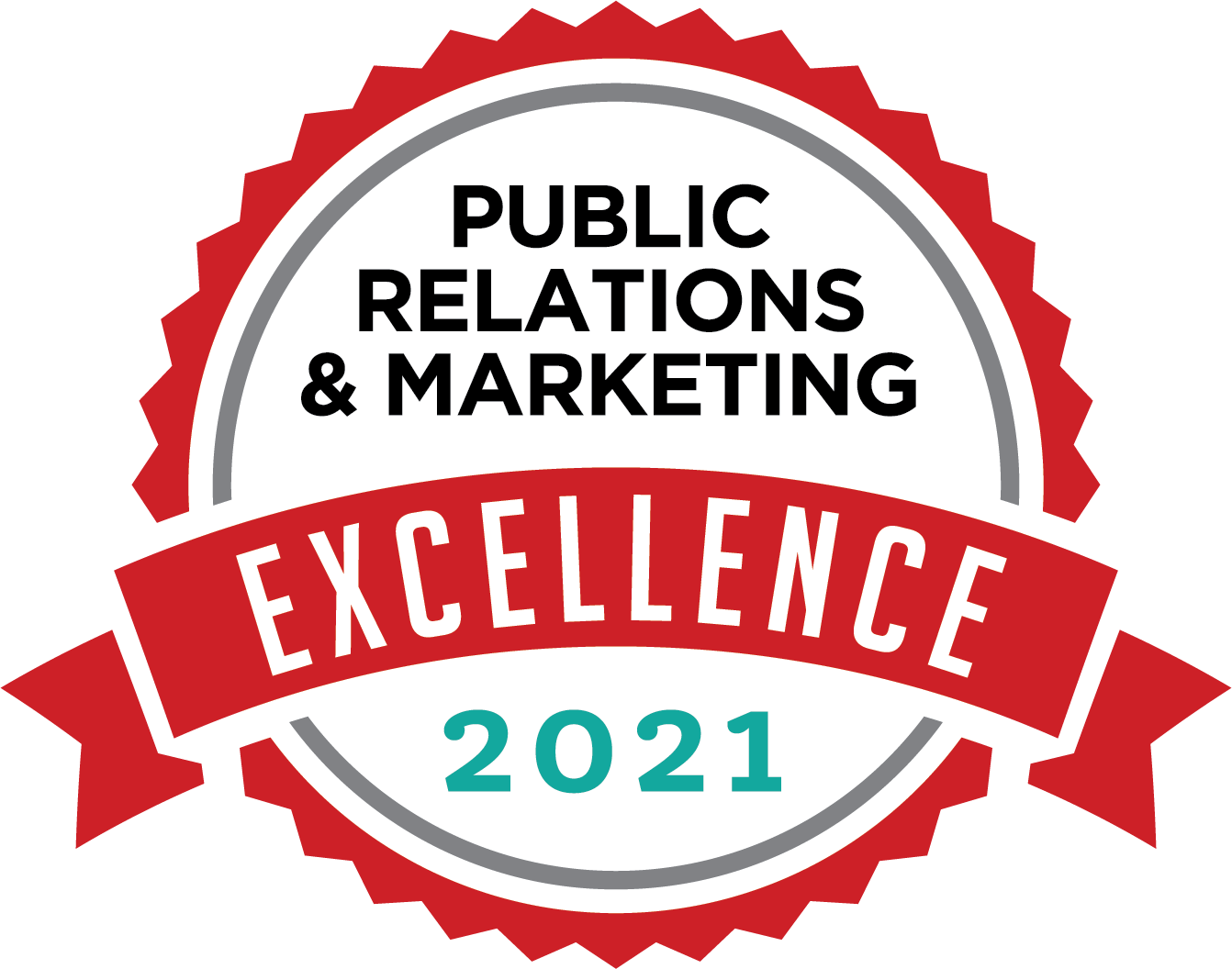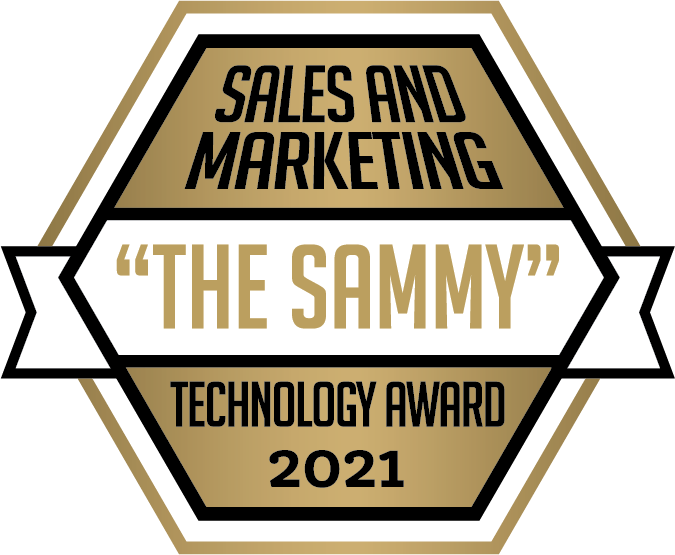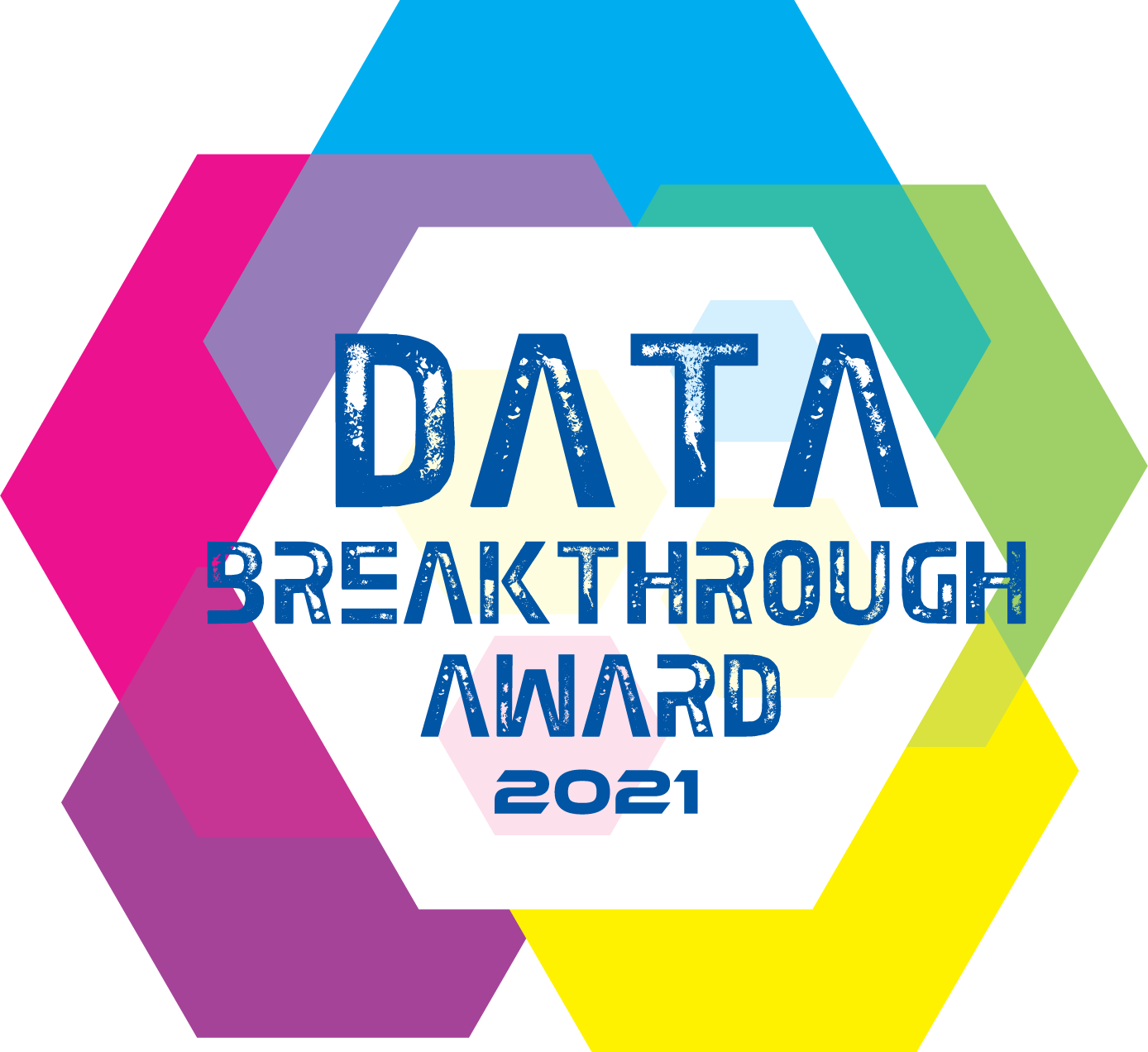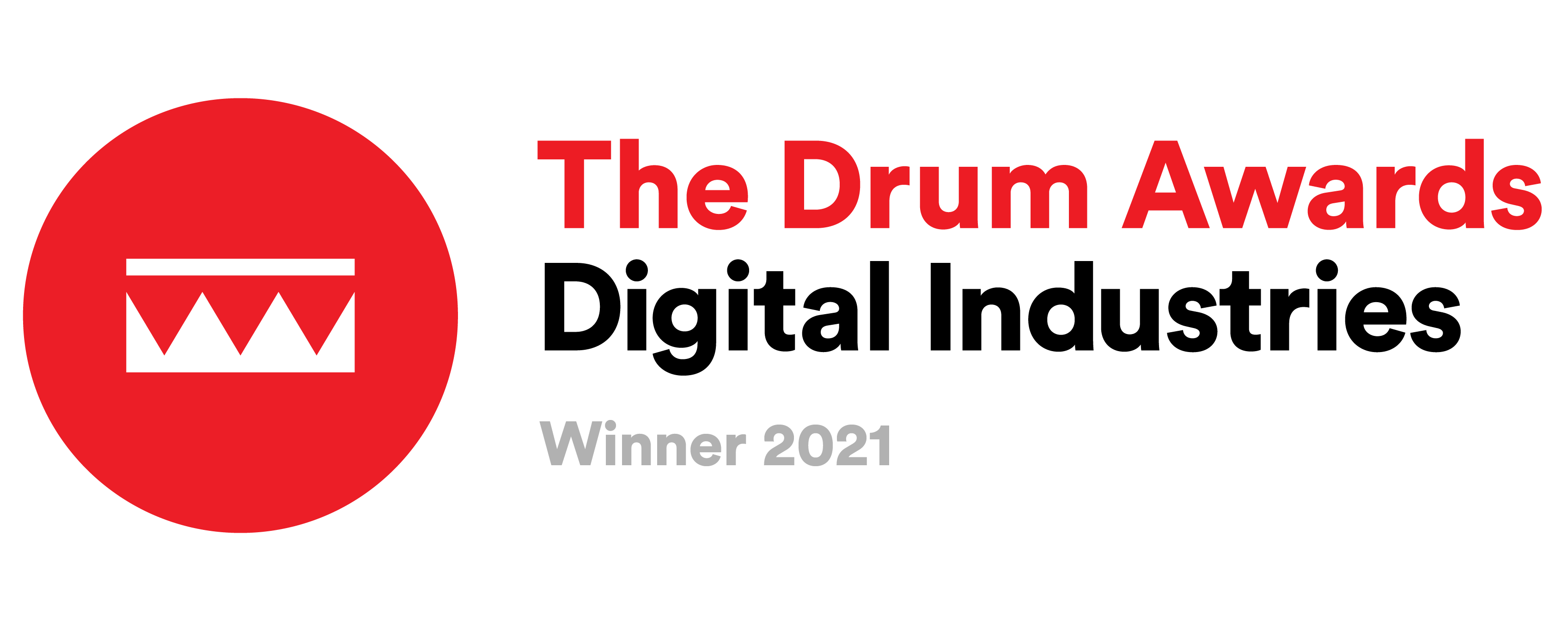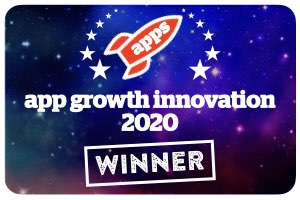The Role of AI in Marketing
Artificial Intelligence (AI) has transformed nearly every facet of our lives, from healthcare to transportation, and marketing is no exception. AI is not just a tool but a disruptive force reshaping how businesses engage with their audiences, optimize campaigns, and personalize customer experiences. Whether you’re a marketer aiming to leverage AI or a business leader contemplating its integration, understanding the scope of AI in marketing is critical.
In this article, we’ll explore AI’s role in marketing, its applications, tools, benefits, and challenges, focusing particularly on its impact on creative advertising.
What is AI in Marketing?
AI in marketing refers to the use of artificial intelligence technologies, such as machine learning, natural language processing (NLP), and predictive analytics, to enhance marketing strategies. AI enables marketers to gather insights from vast amounts of data, automate repetitive tasks, and deliver personalized experiences at scale.
Key Capabilities of AI in Marketing
- Data Analysis: AI excels at analyzing large datasets to identify patterns, trends, and insights that humans might overlook.
- Personalization: With AI, marketers can deliver hyper-targeted content based on individual preferences and behavior.
- Automation: From email marketing to ad placement, AI automates repetitive processes, saving time and resources.
Is AI a Big Part of Marketing?
Yes, AI is now an integral part of marketing strategies for businesses of all sizes. A recent study shows that 80% of marketers use some form of AI technology, and this number is only expected to grow.
Why AI Matters in Marketing
AI enables marketers to stay competitive in a rapidly evolving digital landscape. The ability to analyze customer behavior, predict future trends, and optimize campaigns in real-time gives businesses a significant edge. For instance, AI-powered tools can determine the best time to send emails, the ideal audience for a campaign, or the most effective ad copy to boost engagement.
AI in Digital Marketing: A Game Changer
Digital marketing has been one of the primary beneficiaries of AI advancements. By leveraging AI, marketers can improve the efficiency and effectiveness of their campaigns.
Applications of AI in Digital Marketing
-
Chatbots and Virtual Assistants
- Tools like ChatGPT can simulate human conversations, enhancing customer service.
- AI-powered chatbots provide 24/7 support, answer FAQs, and even guide users through the sales funnel.
-
Content Creation and Curation
- Generative AI tools create blogs, social media posts, and product descriptions.
- AI curates personalized content recommendations, increasing user engagement.
-
Predictive Analytics
- AI predicts customer behavior, such as the likelihood of purchase or churn, allowing marketers to act proactively.
- Tools like Google Analytics 4 use machine learning to forecast trends.
-
Programmatic Advertising
- AI automates the buying of ads, ensuring they’re delivered to the right audience at the right time.
- Platforms like Google Ads and Meta Ads use AI to optimize ad spend.
-
SEO and SEM
- AI-driven tools like SEMrush and Ahrefs analyze keywords and competitors to improve rankings.
- AI suggests content optimization techniques for better search visibility.
AI in Creative Advertising: A Revolution in Storytelling
AI has also significantly impacted creative advertising, enabling marketers to think beyond traditional boundaries.
Generative AI in Advertising
Generative AI tools like DALL·E, MidJourney, and Adobe Firefly have unlocked new creative possibilities. These tools generate visuals, videos, and even jingles based on simple prompts. For instance:
- Brands can create unique ad visuals without relying on stock images.
- Marketers can produce localized ad variations tailored to different demographics.
AI-Driven Ad Personalization
AI allows advertisers to create hyper-targeted campaigns. Netflix’s personalized thumbnails and Spotify’s curated playlists are prime examples of how AI enhances user experiences.
Dynamic Ad Optimization
Platforms like Facebook and Google use AI to test multiple ad variations simultaneously, identifying the most effective combinations of text, images, and calls-to-action (CTAs).
AI Marketing Tools to Know
To fully leverage AI’s potential, marketers must be familiar with the best AI marketing tools available. Here are a few categories and examples:
AI Marketing Automation Tools
- HubSpot: Automates email marketing, lead scoring, and campaign tracking.
- Marketo Engage: Offers AI-driven personalization and predictive insights.
Generative AI Tools
- ChatGPT: Ideal for content generation and customer interaction.
- Canva’s Magic Write: Simplifies visual content creation.
Data Analytics Tools
- Google Analytics 4: Incorporates machine learning for predictive metrics.
- Tableau: Visualizes complex data patterns to inform decisions.
- Adzooma: Optimizes PPC campaigns with AI-driven insights.
- Albert.ai: Manages and optimizes ad campaigns autonomously.
Benefits of AI in Marketing
The adoption of AI in marketing brings numerous advantages:
-
Efficiency and Cost Savings
- Automating tasks like scheduling, ad placements, and reporting reduces manual effort.
- AI optimizes budgets by identifying high-performing channels and strategies.
-
Improved Personalization
- AI enables marketers to deliver one-on-one experiences, boosting customer satisfaction and loyalty.
-
Enhanced Decision-Making
- Real-time insights and predictive analytics improve strategic planning.
-
Scalability
- AI allows businesses to scale their marketing efforts without proportionally increasing resources.
Challenges and Ethical Considerations
Despite its benefits, AI also presents challenges in marketing:
- Data Privacy Concerns: The use of customer data must comply with regulations like GDPR and CCPA.
- Bias in AI Algorithms: Unchecked biases can lead to discriminatory marketing practices.
- Over-Reliance on Automation: Balancing human creativity with AI-driven efficiency is critical.
The Future of AI in Marketing
The future of AI in marketing is promising. With advancements in generative AI, voice search optimization, and AR/VR technologies, marketers will have even more tools to create immersive and personalized experiences.
How Will AI Impact Marketing?
- Greater Automation: AI will handle more complex tasks, from strategy formulation to execution.
- Real-Time Adaptation: AI will enable campaigns to adapt instantly based on real-time feedback.
- Integration with Emerging Technologies: AI will work alongside AR, VR, and IoT to create holistic marketing ecosystems.
Will Marketers Be Replaced by AI?
While AI can handle many tasks traditionally done by marketers, it is unlikely to replace them entirely. Instead, AI will augment human capabilities, allowing marketers to focus on strategy, creativity, and relationship-building.
How to Leverage AI in Marketing
To successfully integrate AI into your marketing strategy:
- Identify Pain Points: Determine areas where AI can add the most value, such as data analysis or personalization.
- Invest in the Right Tools: Choose AI marketing tools tailored to your needs.
- Train Your Team: Equip your team with the skills to work alongside AI technologies.
AI in Marketing Isn’t the Future – It’s the Toolkit You Should Already Be Using
The saying that “AI in marketing is the future” is outdated, it’s actually already the present-day toolkit every brand should be leveraging. According to Salesforce’s State of Marketing report, 68% of marketers say their company has a fully defined their AI strategy, with use cases ranging from content creation and personalization to predictive analytics and automated media buying. Brands that wait to adopt AI tools risk falling behind competitors already using them to boost their ROI and scale faster.
.
Take the beauty giant Sephora for example, they use an AI-powered chatbot, Sephora Virtual Artist, to offer personalized product recommendations and tutorials based on user preferences — resulting in increased engagement and time spent in-app.
At yellowHEAD, we don’t just explore AI, we build with it. From AI-powered creative analysis through our predictive performance that helps UA teams optimize in real time, we integrate AI across every layer of marketing strategy. In 2025, success isn’t about experimenting with AI – it’s about actually scaling with it.
Final Thoughts
Artificial intelligence is not just a buzzword; it’s a transformative force in marketing. From personalized advertising to predictive analytics, AI empowers marketers to make smarter decisions, save time, and create more impactful campaigns. By embracing AI and staying ahead of the curve, businesses can ensure their marketing strategies remain relevant and effective in an increasingly competitive landscape.
Whether you’re exploring AI-powered solutions or incorporating generative AI into your creative campaigns, the potential of AI in marketing is vast. As technology continues to evolve, so will the opportunities for marketers to innovate and thrive.
Try our AI tech for your creatives today – contact us!
The article was originally written in December 2024 and updated July 2025.


